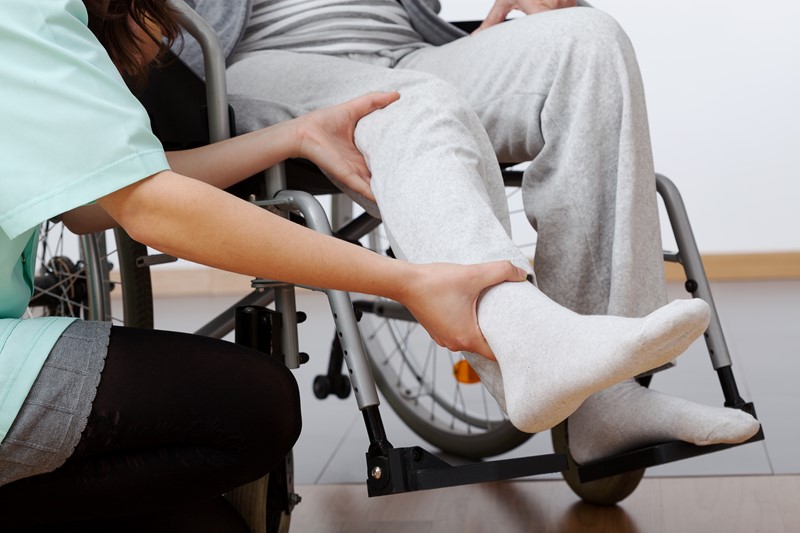Good data is key to effective health care. When healthcare professionals have access to up-to-date, comprehensive data, they’re better equipped to provide a more efficient, higher-quality level of personalised care.
The importance of sharing health data has often been considered from the perspectives of enterprises or clinicians. It’s important that sharing health data be considered through the eyes of nurses – who are often the main person helping patients navigate the health system – too.
The role that nurses play in healthcare cannot be overlooked. As Annette Kennedy, President of the International Council of Nurses says, nurses are “at the heart of the world’s current health priorities”, making up nearly half of the world’s healthcare workforce and deliver almost 80% of the hands-on care.
Nurses use critical thinking to understand and plan for the needs of the whole patient, not just their immediate medical issues. So how do we best prioritise nurses’ access to high-quality, real-time patient health information to better inform their decision making?
Changes shaping the expanding role of nursing care
Healthcare models are changing regularly, with technological advances and major disruptions such as the COVID-19 pandemic playing a part in this change.
The move to value-based care (VBC) – a model which emphasises on outcomes that matter to patients – and developments in where and how care happens are some of many changes that are currently shaping the expanding role of nursing care.
Nurses now regularly play a leadership role in the care of patients that often sees them leading teams of clinicians and non-clinicians. Their understanding of the whole clinical context, and each patient’s desired outcomes, means they’re well placed to coordinate this care, and advocate for patients.
Nurses: advocates, and educators
As well as advocating for patients, nurses have an extremely important role as educators.
As new digital tools like patient portals, telehealth, remote monitoring devices, and the digital front door develop at pace, nurses fill an important role as educators, working with patients to help them understand how to best use these tools as part of self-managing their conditions.
Take for example a patient who is managing a chronic illness, such as Diabetes. Nurses are well placed to support this patient, helping educating and empowering them to self-manage their condition with access to the right tools and information, where possible.
Access to comprehensive, high-quality data
Having access to comprehensive, high-quality patient data to inform decision making on the most efficient and effective way to treat patients is a crucial factor in effective care. Well-configured analytics tools have the ability to help nurses accurately target and manage their patients, focusing on those patients whose need is greatest.
Interoperability (the ability of multiple systems to exchange and use health information) regulations for Health Information Exchanges (HIE) – systems used to transmit healthcare-related data between organisations – aim to open up the flow of health data. This will help create consumer-friendly health records, which will support better care.
Health data is captured from a range of different sources. The ability to combine this data into a coherent picture of the patient, to help inform their care, requires HIE systems that are interoperable.
Through this coordinated platform, patients’ health information data can be turned into meaningful information to help inform patient care, and improve its cost, safety, quality and speed at a population level.
Read our recent whitepaper, A nurses’ perspective on interoperability to learn more.
This whitepaper offers recommendations regarding the technology capabilities best suited to meet the needs of nurses on the front lines of healthcare. It takes a look into the expanding and evolving roles of nurses and offers a glimpse into some high-value nursing use cases that helps frame the substantial benefits of the right interoperability platform and the role of Health Information Exchange (HIE).
This is the second blog in the series, the next blog will be on “What constitutes as high quality data in nursing?”




